The Centre for Digital Technologies in Healthcare (CDiTH) sponsors the Research Translation Fellowship, a program designed to equip professionals with advanced technical skills, research capability, and real-world system-building experience. Fellows work on developing research-driven digital health solutions while earning an MS by Research degree. The fellowship requires 35 hours of system-building work and 15 hours of academic engagement per week, both reviewed every semester.
This 3-year fellowship offers a competitive stipend of ₹1,00,000 per month and provides an immersive research environment at CDiTH. Fellows work closely with faculty to build complex, deployable systems aligned with emerging research. The program includes a research thesis based on the system being developed, with the option to pursue a PhD upon completion of the MS degree.
Selection Criteria: Applicants are evaluated by a panel of senior faculty and research innovators. Candidates must have a B.Tech degree with at least 60% marks, a minimum of five years of professional experience, and a strong foundation in technologies, systems design, and modern frameworks. Expertise in areas such as web or API development, full-stack engineering, cloud operations, data engineering, or machine learning is expected. Experience with end-to-end system development, familiarity with AI/ML concepts, enthusiasm for emerging technologies, and an interest in research translation and open-source contributions are desirable.
Translation Work: Fellows are onboarded full-time at CDiTH and contribute to major solution-building projects that translate academic research into real healthcare impact. They typically devote 25 hours per week to a primary translation project, working under faculty guidance and in collaboration with multidisciplinary teams. Projects focus on applying modern digital technologies to improve healthcare efficacy, affordability, and accessibility.
Academic Component: Coursework is rigorous yet flexible, allowing fellows to complete academic requirements alongside project responsibilities. The curriculum typically includes 14 courses, a scoping project, a mini-project (or two additional courses), and a thesis.
Research Thesis: The thesis aligns with the fellow’s project work and CDiTH’s focus areas. Guided by a faculty advisor, the thesis emphasizes system-building and often runs concurrently with active Centre initiatives to ensure strong alignment between academic outcomes and field deployment.

